Climate Change & Asthma: A Tale of Two States
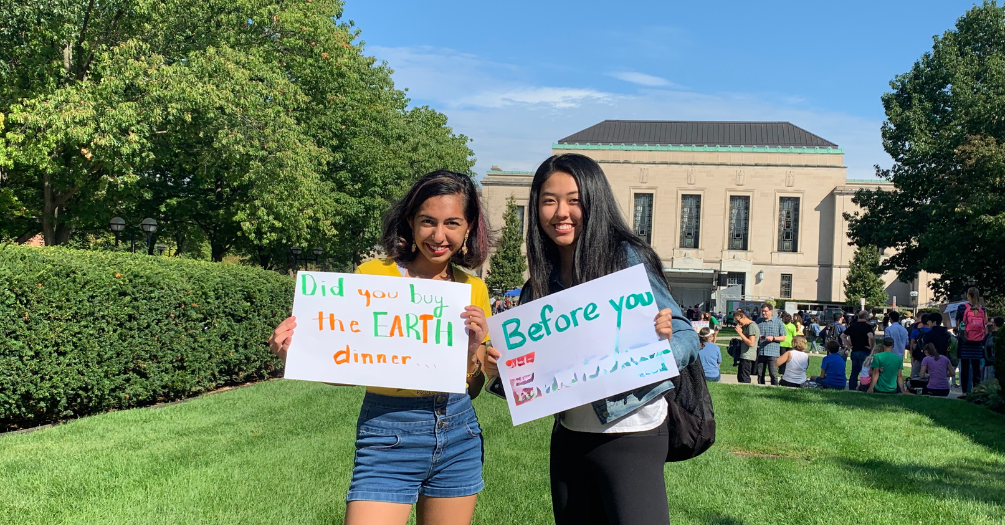
Ishita Shukla
1st Year MPH Epidemiology Candidate
We have all started to see the effects of climate change. In Michigan I have noticed winter starts later. Snow days don’t happen till January instead of late October or early November (we’ve all had our fair share of having to wear our winter coats over our Halloween costumes while growing up). The winter months feel milder now, lacking the bone-chilling cold of years past. The smoke from the wildfires in Canada last summer seemed like something out of an apocalyptic movie.
Amidst these changes, we're reminded of the health risks associated with climate change,
particularly its link to increased asthma prevalence. Yet, addressing climate change
isn't as simple as individual action.
My interest in climate change has stemmed from a young age. From the age of seven
onwards, camping trips, exploring sand dunes, and soaking in the tranquility of Michigan
lakes nurtured my love for nature. At age ten, I joined classmates in a skit raising
awareness about pollution, igniting my passion for advocacy in our community. During
my freshman year of college, I attended my first climate change protest and volunteered
to transform abandoned railroad tracks into a park in Memphis during spring break.
These events have led me to further consider climate change, and our physical environment
serves as a social determinant of health.
In Texas, the effects of climate change take on a different guise. According to the
Environmental Protection Agency, the state has been reported to have warmed by half
a degree to one degree Fahrenheit in the past 100 years. Scientists have also observed
an increase in the average amount of rainfall with rain storms becoming more intense
and an increase in the observance of severe floods. Specific to asthma, we see that
Texas will have three to four times as many days that will be over 100 degrees Fahrenheit
as it did in 2016. These hot days will bring about warmer air, potentially intensifying
the production of ground-level ozone, a crucial element of smog. Ozone possesses a
range of health impacts and can exacerbate respiratory conditions like asthma.
In anticipation of our San Antonio trip, I am curious to explore how climate change
intersects with asthma management, especially among young adults and children. From
our literature review in class, I have learned that living in a smoking household
is another risk factor for asthma. But unlike climate change, smoking is a health
behavior change that is easier to implement on an individual or family level - for
example, having parents smoke outside the house instead of inside. You can’t ask climate
change to go outside the state of Texas. This issue rather requires systemic action
beyond our immediate control. So, the questions I am currently grappling with are:
How do we navigate this challenge as public health professionals? How do we address
the micro-level impacts of climate change within communities while grappling with
its macro-level consequences?
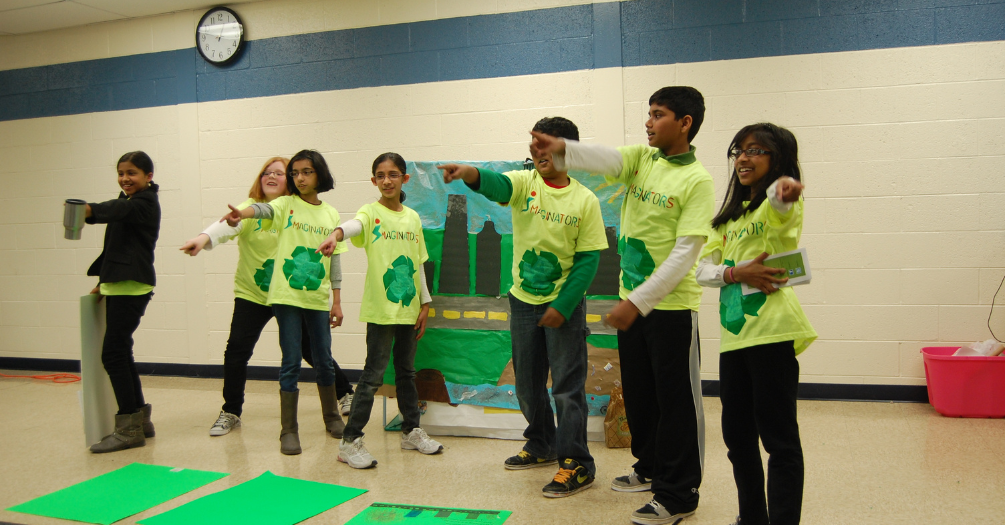
In March of 2012, my fellow fifth-grade classmates and I presented a skit on the need to reduce, reuse, and recycle.
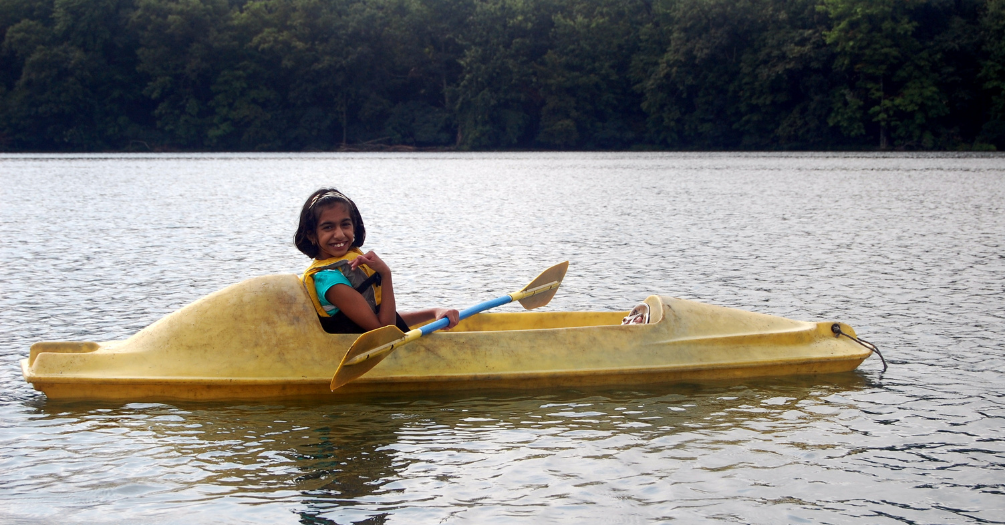
Sept. 2011, I went on a camping trip that began my love for nature, camping, and all things outdoorsy (minus bugs).
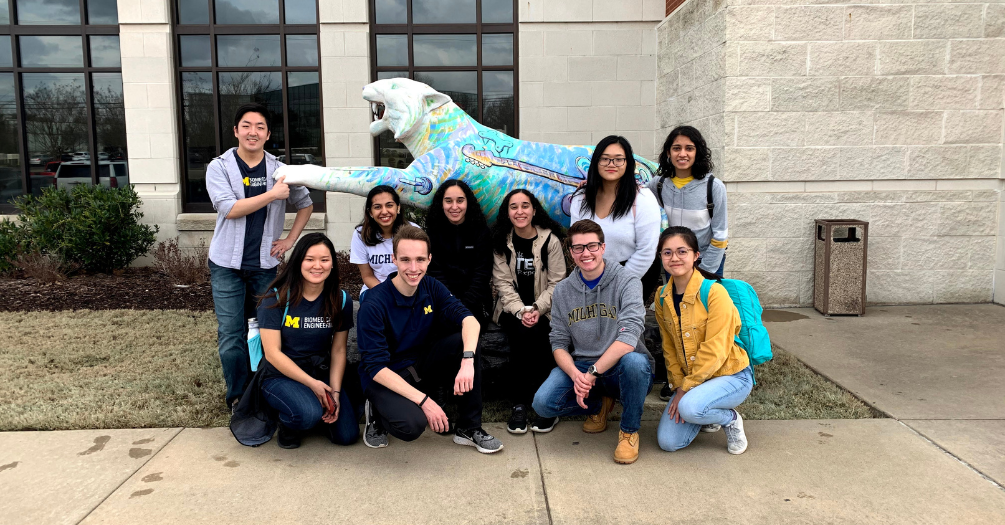
March 2020, on a trip to Memphis, TN where we helped clean abandoned railroad tracks with the aim of turning them into a park for the local neighborhood kids.
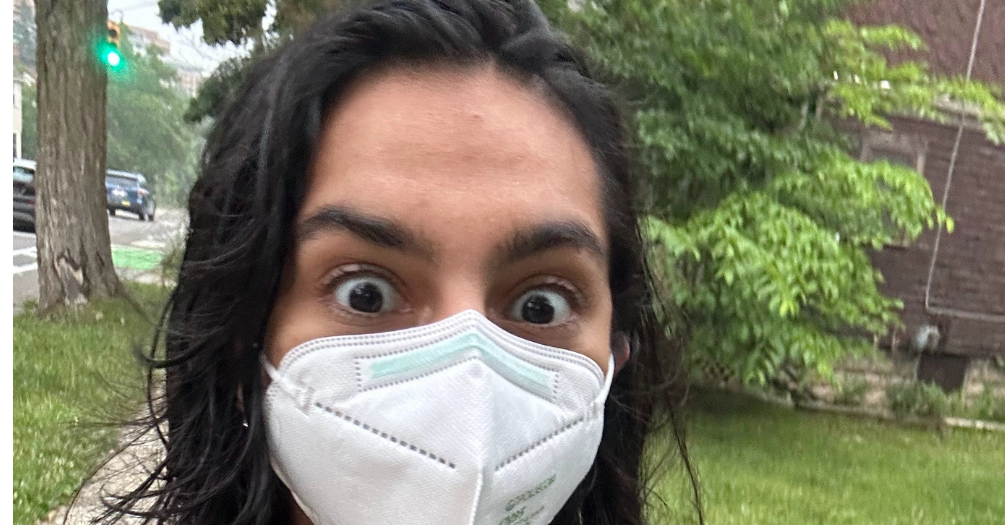
June 2023, I am wearing a mask on campus not because of COVID-19, but because of the smog and poor air quality.
